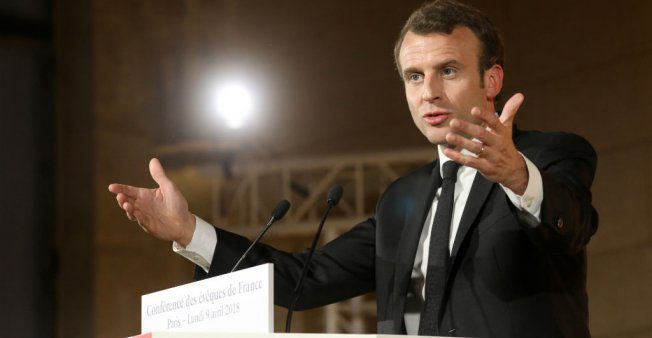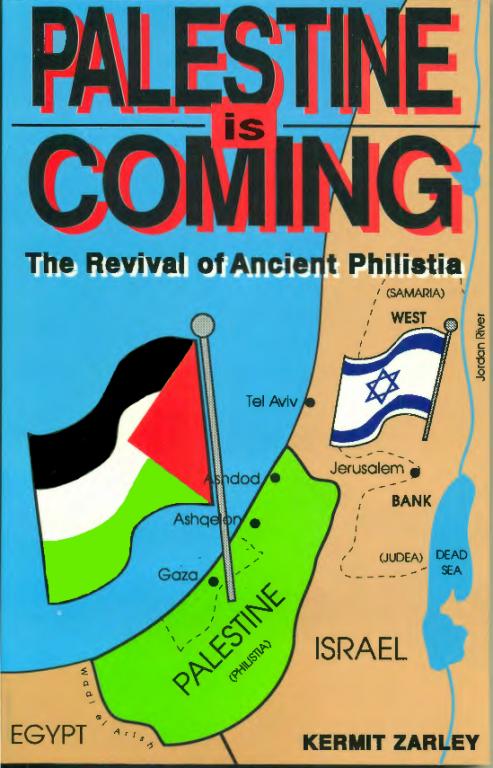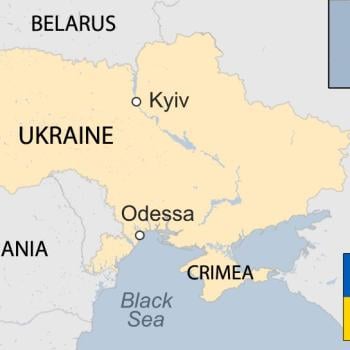 This question has come to the fore in international relations lately? It was ramped up when Donald Trump campaigned for the U.S. presidency in 2015-2016 with the slogan, “Make America Great Again.” He asserted that the U.S. had lost much of its prestige in the world as the superpower because other nations had been treating the U.S. “unfairly” largely by means of international alliances, treaty agreements, and trade associations.
This question has come to the fore in international relations lately? It was ramped up when Donald Trump campaigned for the U.S. presidency in 2015-2016 with the slogan, “Make America Great Again.” He asserted that the U.S. had lost much of its prestige in the world as the superpower because other nations had been treating the U.S. “unfairly” largely by means of international alliances, treaty agreements, and trade associations.
Frankly, it is difficult for me to accept that this is indeed the case, generally. All of that time the U.S. entered into these relationships, it was the #1 nation in the world both economically and militarily. We were not forced to enter into any of those relationships. Thus, that is Trump’s opinion that the U.S. has constantly been treated unfairly by various nations, alliances, etc. It is not shared by many other officials, and former officials, of nations of the world, including some in the U.S.
Now, I don’t disagree with President Trump that European NATO members should pay more dues, since those nations are well developed since WWII, or that China should open its economy to more free trade and crack down on patent infringers on U.S. products. But then China is a developing country and does not have a mature court system like we do.
On October 22nd this year, in a Republican political rally in Houston–my old hometown–President Trump said, “A globalist is a person that wants the globe to do well, frankly not caring about our country so much. . . . I’m a nationalist,” repeating it three times. This week, Trump seemed to back off somewhat from that statement by saying, “I love the world.” But what does he mean by nationalism?
The word “nationalism” has multiple definitions. It is defined narrowly as patriotism, which does not necessarily infringe on the security and well being of other nations. Nationalism also has the meaning of viewing a particular nation superior to other nations, much like viewing one race, or ethnicity, of peoples as superior to others, which is called “racism.” Nationalism is also defined broadly as belief in the concept of nations in opposition to belief that there should not be nations and thus national borders. Some people who claim to be “liberal” in their politics assert there should not be nations, alleging that their existence is the main cause of wars in history.
 I wrote a book published in 1990 about the Israeli-Palestinian conflict entitled Palestine Is Coming: The Revival of Ancient Philistia. (Most of this book is presently available for free reading at my website kermitzarley.com by clicking “On Palestine.”) This book begins, “Every nation is entitled to a land of its own. The Jews regained theirs in 1948. The Palestinians are still waiting. Their land was seized by the Jews.” I don’t mean only that Palestinians occupied the West Bank when Israel took possession of it in the Six-Day War of 1967 and still controls it as the “occupier” according to UN principles.
I wrote a book published in 1990 about the Israeli-Palestinian conflict entitled Palestine Is Coming: The Revival of Ancient Philistia. (Most of this book is presently available for free reading at my website kermitzarley.com by clicking “On Palestine.”) This book begins, “Every nation is entitled to a land of its own. The Jews regained theirs in 1948. The Palestinians are still waiting. Their land was seized by the Jews.” I don’t mean only that Palestinians occupied the West Bank when Israel took possession of it in the Six-Day War of 1967 and still controls it as the “occupier” according to UN principles.
What I really mean is that much of the present State of Israel exists on land that never belonged to Jews of antiquity. Rather, most of coastal plain was where ancient Philistia existed–the nation of ancient Philistines. I maintain that modern Palestinians are genetically derived from the Philistines more than any other people group. I expect that this will be verified some day by means of DNA comparison.
There is an important principle in the Bible about why there should be nations. In the first book in the Bible, the book of Genesis, we read that when God first made Adam and Eve he told them, Be fruitful and multiply, and fill the earth and subdue it” (Gen 1.28). And after the account of Noah’s Flood we read, “God blessed Noah and his sons, and said to them, ‘Be fruitful and multiply, and fill the earth” (Gen 9.1). Thus, God did not want human beings to congregate in one place. He made the earth to be inhabited.
After the account of Noah’s Flood, in Genesis 6-9, the next chapter tells about cities and nations being founded by descendants of Noah. Then we read, “Now the whole earth had one language and the same words. And as they migrated from the east, they came upon a plain in the land of Shinar and settled there. And they said to one another, ‘Come, let us make bricks, and burn them thoroughly.’ And they had brick for stone, and bitumen for mortar. Then they said, ‘Come, let us build ourselves a city, and a tower with its top in the heavens, and let us make a name for ourselves; otherwise we shall be scattered abroad upon the face of the whole earth” (Gen 9.1-4 NRSV).
The account continues, “The LORD came down to see the city and the tower, which mortals had built. And the LORD said, ‘Look, they are one people, and they have all one language; and this is only the beginning of what they will do; nothing that they propose to do will now be impossible for them. Come, let us go down, and confuse their language there, so that they will not understand one another’s speech.’ So the LORD scattered them abroad from there over the face of all the earth, and they left off building the city. Therefore it was called Babel, because there the LORD confused the language of all the earth; and from there the LORD scattered them abroad over the face of all the earth” (Gen 11.5-9).
Back to my book, I then state on its first page, “Nations have always been God’s plan for man. In the beginning God told man to ‘fill [populate] the earth, and subdue it’ (Gen 1.28; 9.1). To accomplish this, God ‘made’ the nations (Deut 26.19; Ps 86.9). Even in the Messianic kingdom, ‘nations’ will come to Jerusalem to worship God (e.g., Isa 2.2; Zech 14.16). The concept of nations, however, does not justify the belligerent nationalism, which sparks wars of conquest.”
Yesterday, about 80 leaders of nations met in Paris to recognize the 100th anniversary of the signing of the armistice that ended World War I. (That war came to be naively called, “the war to end all wars.”) France’s President Emmanuel Macron delivered a speech today, with U.S. President Donald Trump standing nearby. Macron said, in an apparent rebuke of Trump, “Nationalism is a betrayal of patriotism. By saying, ‘Our interests first, who cares about the others,’ we erase what a nation holds dearest, what gives it life, what gives it grace, and what is essential–its moral values.”
Macron’s first sentence seems to me to require a definition of his word nationalism. But I think in the latter part of Macron’s second sentence, he states the right kind of nationalism in which to believe. A nation that has high moral values will not be selfish, but will treat other nations like the Bible tells us to do personally, “love your neighbors as yourselves” (Leviticus 19.18; ; Matthew 22.39; Mark 12.31). Similarly, Jesus said in his so-called Golden Rule, “In everything do to others as you would have them do to you; for this is the law and the prophets” (Matthew 7.12).












